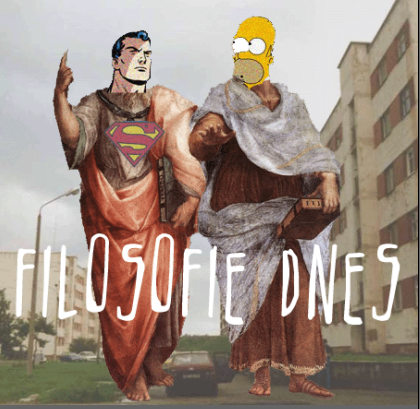Philosophical inquiry in agreement with reality – but how to recognize what is real? A challenge for philosophy
DOI:
https://doi.org/10.26806/fd.v1i1.2Abstract
The aim of the article is not to present a scholastic paper on philosophy, various philosophical conceptions and their argumentations. The purpose is to ask questions which I am deeply interested in. My fragmentary suggestions will deal with the following issues:
Ontic reality in our understanding of the independent world and epistemic limits of ontology.
What is racionality: its scope and limits? Is it possible to put rationality in an epistemic or ontological way? What is the relation between rationality, naturalism and nature? Is irrationality preceeding rationality?
Can we derive ethic behaviour from rationality? Is rationality linked to a certain cultural context and discourse or is it universally human?
Impossibility of objectivity and the necessity of effort to the highest rate of objectivity.
What to ground humanity on? Why humanity?
Afterwards, I will outline my thesis: Reality, its understanding and forming as a process of complexity and complementarity of components in correlations, in continuity and contexts. (I do not intend to be joking, using those six Cs, however it is the most serious and significant objective I would like to share with you).
I will finish by raising a radical question mark over philosophy.
Downloads
Published
Issue
Section
License
Authors who publish in this journal agree that:
1. Authors retain copyright and guarantee the journal the right of first publishing. All published articles are licensed under the Creative Commons Attribution license, which allows others to share this work under condition that its author and first publishing in this journal was acknowledged.
2. Authors may enter into other agreements for non-exclusive dissemination of work in the version in which it was published in the journal (for example, publishing it in a book), but they have to acknowledge its first publication in this journal.
3. Authors are allowed and encouraged to make their work available online (for example, on their websites) as such a practice may lead to productive exchanges of views as well as earlier and higher citations of published work (See The effect of open access).


